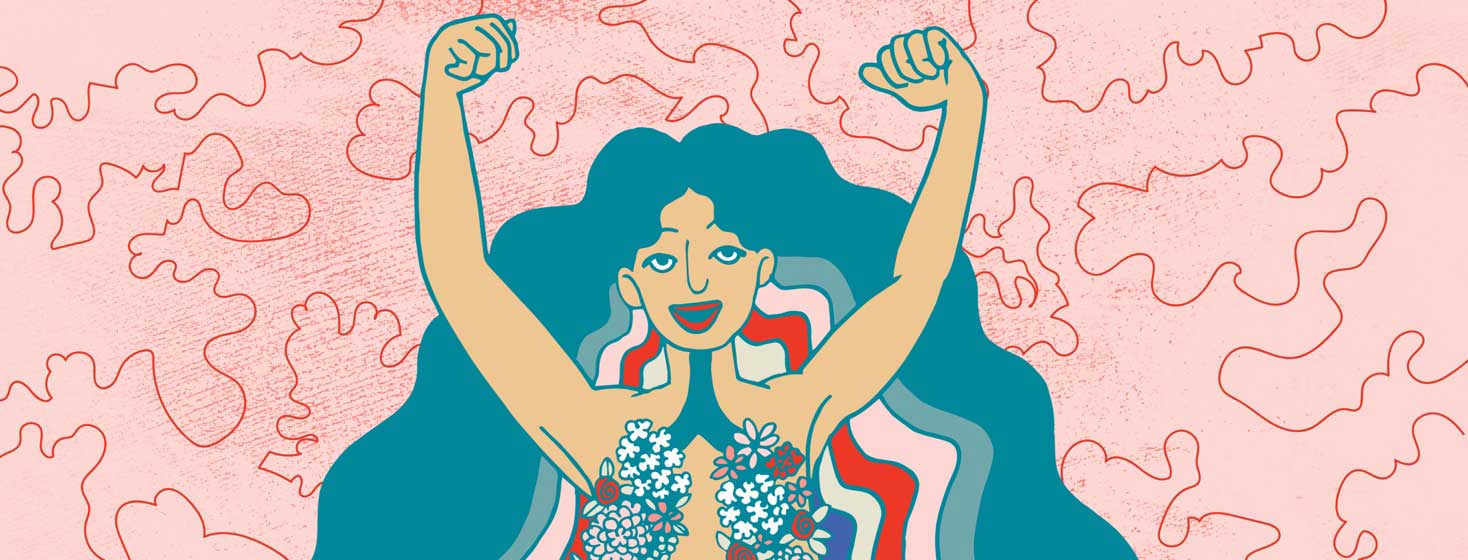Ability Is A Privilege, And Respect Is For Everyone
I recently watched a series on television about the rise of the basketball team the Chicago Bulls and the journey of worldwide superstar Michael Jordan. It was fascinating to watch how the team changed and grew over time, and to see how talented Jordan and his teammates were. Michael Jordan, according to the TV series, seemed to push to greater lengths each year of his long and impressive career.
The series serves as basically a highlight reel of MJ and I felt inspired watching it. I mean, I was a 90’s kid and I loved Space Jam and Michael Jordan, so watching the series about his game now as a near 30-something was pretty nostalgic, too.
However, watching that got me thinking about how common it is for our society to praise ability and the talents of able-bodied folks. How often what we view in society as ‘successful’ and ‘admirable’ is based on the privilege of having an able-body, one that can be pushed to the limits. Michael Jordan is heralded as the best basketball player of all time, and that is amazing!
All abilities should be celebrated
But what about those of us who simply can’t, due to our illnesses or disabilities, push our bodies in the same way? What if we show up and do our best, but we still need assistance? What if our drive, determination, and will are high but our bodies are living with a disease with no cure? That is the true story of so many in our community and our world. I began to dig deeper into thinking about why I took pause after watching the series.
Then it dawned on me: the issue isn’t with Michael Jordan being amazing at basketball. It isn’t so much with the fact that we sometimes can’t push our bodies to the limit living with asthma or other physical ailments and illnesses, either. The issue is that society doesn’t make enough room to celebrate the talents and worthiness of those who don’t have the privilege of an able body. In fact, messages we often see tell us we aren’t good enough. Well today, I am here to say we are good enough!
Asthma representation is important
I think one of the best ways to level the playing field and really make room for celebrations of all abilities, including those of us who aren’t ever going to be top athletes, is to show representations of people who live with our illnesses and diseases being celebrated. Of course, representation of the ‘against all odds’ kinds of stories are great, too, but what if we celebrated more often the simple triumph of existing with a debilitating and scary disease like asthma? What if kids growing up with asthma saw themselves as strong! I know the only representations I saw of other asthmatic people, kids and adults, growing up were usually pictured as being ‘not as good.’ You know, the one left out and odd. That has got to change.
Just thinking off the top of my head without additional research, I don’t know of any celebrities or athletes with asthma. I think that is kind of weird considering asthma is the most common chronic condition among children in the world. Or considering that asthma can impact people well into adulthood, and even onset in adulthood. It is also weird because asthma disproportionately impacts the most poor and marginalized folks in society. It seems high time that representation of people living with asthma, and of non-able-bodied people in general, were more common and shown in a positive light.
Not being ‘Like Mike’ is alright
I think another key and important piece of the conversation around ability and the way society praises folks who might not have to worry about allergies, running out of their rescue inhaler in the middle of the night, or the exacerbation of a flight of stairs is really celebrating the everyday person, asthma and all.
This will help to normalize social situations where unspoken expectations about ability can sometimes turn into judgment. It will help more people feel comfortable using their medication in public (boy was I embarrassed to be a glasses-wearing, inhaler-toting, migraine-having person for the longest time!), and it can drive more awareness and save lives.
There are very real consequences when we don’t prioritize this, because people living with asthma face stigma, bullying, and judgment on top of the debilitating experience of not always being able to breathe with ease or without assistance. Our confidence can suffer, and so can our relationships. That is just not fair. So what are we waiting for?
Let’s get started!
Simple conversations in spaces where there is bias towards the able-body is a wonderful place that we can all start in my opinion to change society’s viewpoint. I am always surprised that physical education in schools does not typically include educating children that ability is a privilege.
Conversations like these are also crucial in the workplace. For those of us who have worked in jobs with a lot of physical labor or in the extreme heat and live with asthma, I know what a big difference education can make in those tough workplace expectations and environments, and in the judgment that we might feel from coworkers, friends, and family. Beyond that, I also think it is crucial to see more representation of all kinds of people, doing all kinds of things, and being celebrated even though they live with asthma.
Have you ever experienced bias or judgment based on your inability to do something because of asthma? How did you navigate it? Let’s discuss in the comments!

Join the conversation